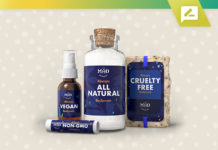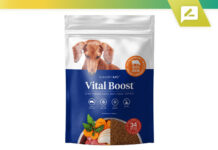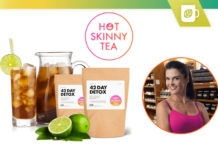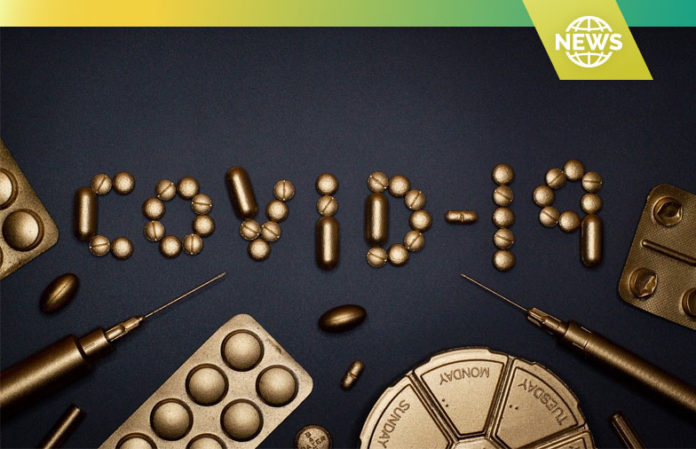As the COVID-19 coronavirus continues to sweep across the world, some people are turning to supplements.
There’s no evidence that supplements can treat coronavirus symptoms or cure COVID-19, despite what many supplement scams will try to convince you.
Consumers should be very aware that no supplement has been proven to cure COVID-19, and that many medical professionals warn against the use of supplements as a cure for the virus as it spreads. Joe Cannon, a professional in the field of biology who has been featured in the New York Times, elaborated that “NO dietary supplement on Earth has been shown to prevent or treat coronavirus infection.”
This guide will introduce consumers to the core elements of supplement use and the COVID-19 coronavirus, as well as major questions and issues to look out for as the pandemic continues to rage.
But consumers should stay up-to-date on the most important COVID-19 information. The CDC continues to publish research and information as it comes out concerning this deadly virus. The FDA and many governing bodies are sharing daily updates and is best to always tune into trusted sources of reliable information from credible resources regarding anything as extreme as this global pandemic. When it comes to obtaining worthy insights and analysis regarding this worrisome threat, be sure to also visit and bookmark the official World Health Organization (WHO) page, OSHA, John Hopkins guide and Harvard's resource center here for more direct and time-sensitive information as well.
While many items have soared in demand due to the risky nature of coronavirus; from face masks to hand sanitizers and ultraviolet lights, to survival kits, first aid kits, food storage, emergency preparedness planning or even vitamin C, vitamin D and lung health, let's review the popular coronavirus supplement health claims and dig into the research regarding COVID19 wellness tips for consumer safety and protection.
Contents
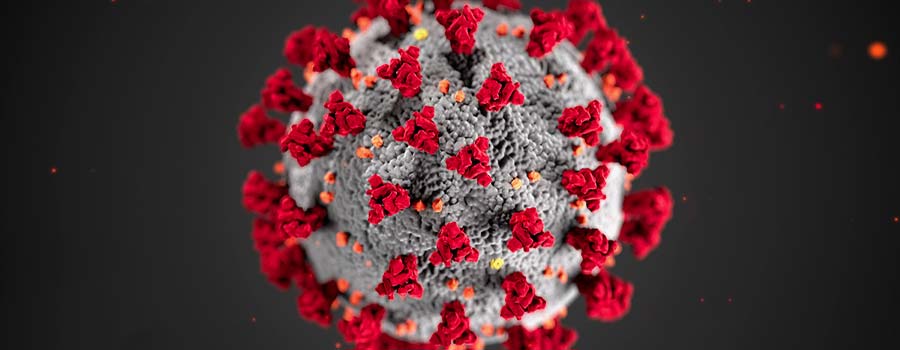
To understand which supplements might support your body against the novel coronavirus, we first need to explain how the virus works, including what it does to the body and how your body reacts.
Researchers are still analyzing the COVID-19 coronavirus to determine exactly how it works. There’s a lot we have to learn, but we’re starting to understand a few things about the virus.
When it comes to substantiated ways to avoid infection and minimize your risk of exposure, FEMA continues to update their “best practices” coronavirus page.
Here's what we know so far:
- People infected with COVID-19 can have much different experiences
- Some people report having symptoms similar to a minor cold, including a runny nose and a sore throat
- Others need to be immediately hospitalized and placed on ventilators because their lungs have become inflamed and filled with fluid
- It’s becoming increasingly clear that your immune system plays a crucial role in whether you recover from COVID-19 or die from it
- Most coronavirus-related deaths are caused not by the virus itself, but by your immune system going crazy trying to respond to the virus
Your immune system plays an understandably important role in fighting the COVID-19 coronavirus, just like it does to any infection. That’s why many people are strengthening their immune systems to increase their chances of fighting the coronavirus.
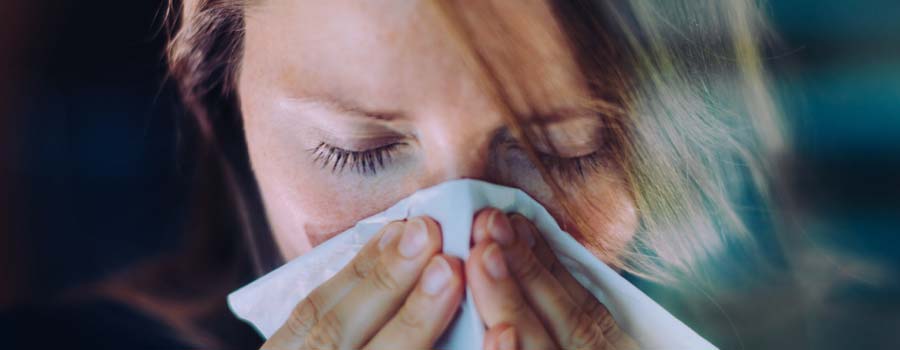
When you first become infected with COVID-19, your body launches a standard immune defense like it would for any virus.
First, your body releases proteins called interferons. These proteins interfere with the virus’s ability to replicate inside the body’s cells. They also recruit other immune cells, encouraging them to come attack the virus and prevent it from spreading.
Your immune system’s initial response allows your body to control the infection quickly – assuming you have a healthy and active immune system.
However, the virus also has its own defenses that can neutralize the effect of interferons. These defenses allow the virus to escape from the interferons and continue spreading around the body.
Many of the symptoms we think of as cold or flu symptoms are actually immune system symptoms. Your runny nose and fever, for example, are caused by your immune system trying to fight the virus.
These symptoms serve two purposes:
- First, they alert the body that an attack has occurred (which is why you get a fever, for example)
- Second, they try to expel the virus from the body (say, by coughing or sneezing)
During the early days of infection, your body has mild symptoms. You might have a fever at first, for example, and a sore throat. After a few days, the virus spreads itself throughout the body. When the virus reaches your respiratory tract, you develop a cough. When the virus reaches your digestive tract, you get diarrhea.
COVID-19 Targets Receptors in the Lungs
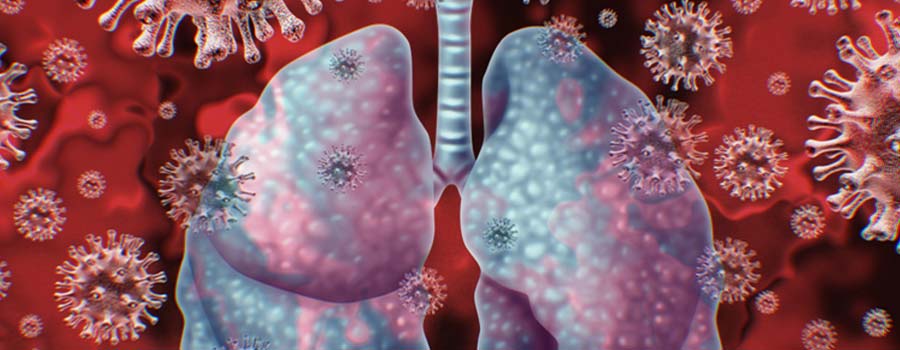
Up above, we described how most viruses work. Every virus, however, works a bit differently.
The novel coronavirus (COVID-19), for example, gains entry into a cell by latching onto a specific protein called the ACE2 receptor, which sits on the surface of the cell.
ACE2 receptors are particularly prevalent in your lungs, which is why COVID-19 is being labeled a respiratory illness.
However, your intestines also have a significant number of ACE2 receptors, which is why diarrhea is another common symptom of COVID-19.
The virus can affect both your lungs and your intestines quite quickly after infection. Typically, infection enters your body via droplets entering your mouth:
- If you breathe in, the droplets enter your lungs and infect receptors there
- If you swallow, the droplets go down to your stomach, infecting receptors in your digestive tract
The Second Wave of your Immune System
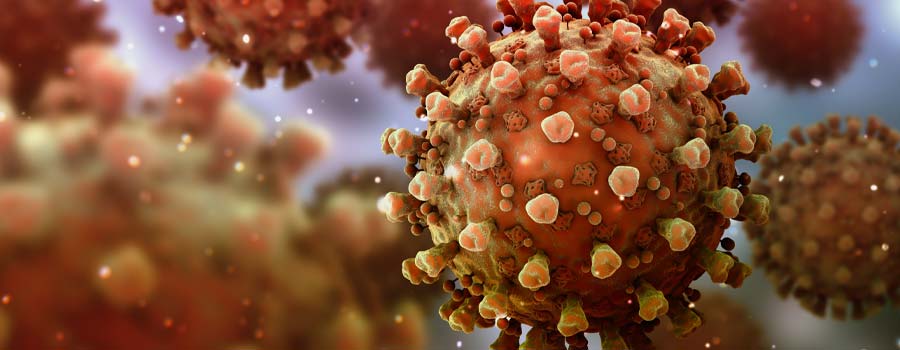
We talked about your body’s initial response to the virus above. This is the first wave of your immune system’s response. You sneeze, cough, and develop a sore throat.
Next, your immune system begins the second wave of attack. Your immune system increases its measures in an effort to expel the virus from the body.
During the second wave, the immune system is trying to contain the virus and prevent it from replicating too wildly.
To do that, the immune system uses virus-specific antibodies and T cells. Your body has developed these antibodies in response to the virus, and they’re specifically designed to attack the virus.
Once your body has produced these antibodies and expelled the virus from the body, you’re immune. The antibodies have won the fight against the virus. As long as you have those antibodies in your body, you cannot become re-infected with the same type of virus.
What’s the Difference Between a Good and Bad Immune System?
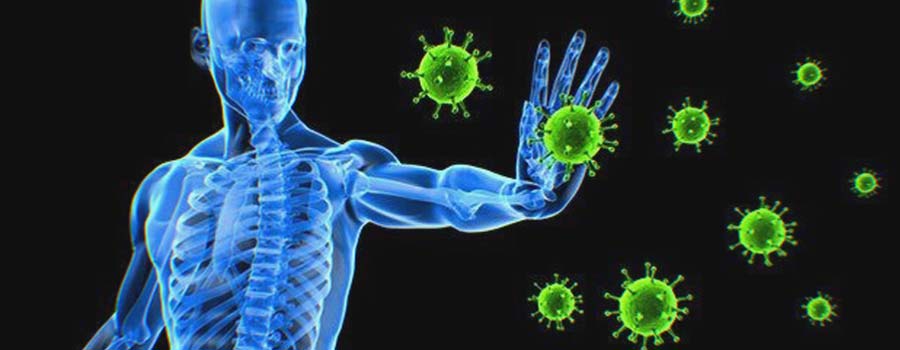
Ideally, your immune system spots the coronavirus early, fights it, creates antibodies, and expels the virus from your body.
Obviously, however, that’s not always how it goes down. As of March 26, over 22,000 people have died from the COVID-19 coronavirus.
So what’s the difference between a good and bad immune system response? Why are old people more susceptible to the virus than young people?
If a high quantity of viral particles infect the body at once, then it can overwhelm even the best immune system. Doctors and nurses are exposed to huge amounts of the virus multiple times a day caring for patients, for example. This can lead to a severe infection even if they are young and healthy. When there’s more of the virus in the body, it’s harder for the immune system to manage the virus.
Vaccines work by exposing your body to a small amount of the virus, allowing your body to easily fight it off and develop antibodies specific to that virus. When your body has antibodies, you’re immune from that virus.
Your immune system naturally starts to decline with age, which is why elderly people are more susceptible. Or, some people’s immune systems are suppressed because of illness or medication.
If your immune system is weakened with age, illness, or medication, then it won’t react as quickly or effectively to an infection. There will be a weaker initial interferon response, for example, or a delayed antibody response. This allows the virus to spread between cells without issue.
How COVID-19 Leads to Pneumonia
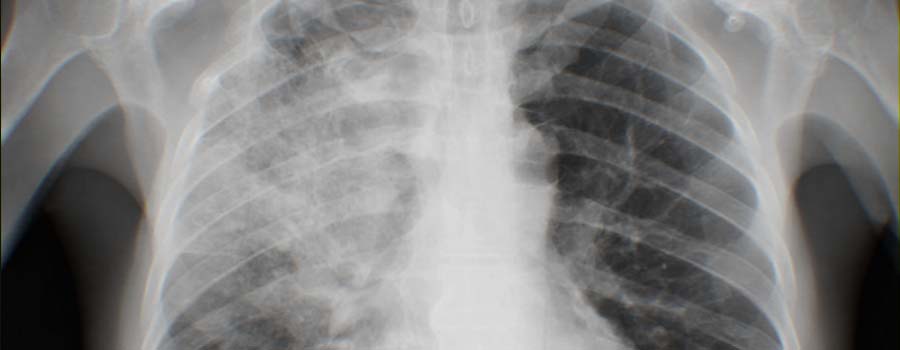
Thousands of COVID-19 deaths are caused by pneumonia. How does a COVID-19 infection lead to pneumonia?
If the COVID-19 virus infects your lungs, then cells in your lungs will become infected and inflamed.
In response to the infection and inflammation in your lungs, your immune system will fight back. If you’re healthy, your immune system has a proportional response, sending just enough to kill the virus without harming the body. If you have a compromised immune system, however, then your immune system could do more harm than good:
Ideally, the immune system remains stable and regains control over the virus, using T cells and antibodies to remove the virus from the body
In compromised immune systems, the immune system freaks out and over responds, creating more and more inflammatory proteins (cytokines) in a desperate attempt to remove the virus from the body
When the second situation occurs, it leads to substantial cell death in the lungs, which leads to the most severe infections, including acute respiratory distress syndrome and death.
The second situation, where your immune system overreacts, is also called the cytokine storm: your body’s immune system sends too many antibodies and virus-fighting cells to the area, causing more damage to your body than good.
The cytokine storm played a huge role in the Spanish Flu of 1919. The Spanish Flu had such a high death rate because of the cytokine storm. The flu virus tricked the immune system into sending huge amounts of antibodies to the affected area. People with the strongest immune systems had the strongest response to the virus, which is why so many young and healthy people died from the Spanish Flu.
We are seeing the cytokine storm effect with the COVID-19 coronavirus. However, we’re not seeing the same death rates among young and healthy people.
Boosting your Immune System to Fight COVID-19
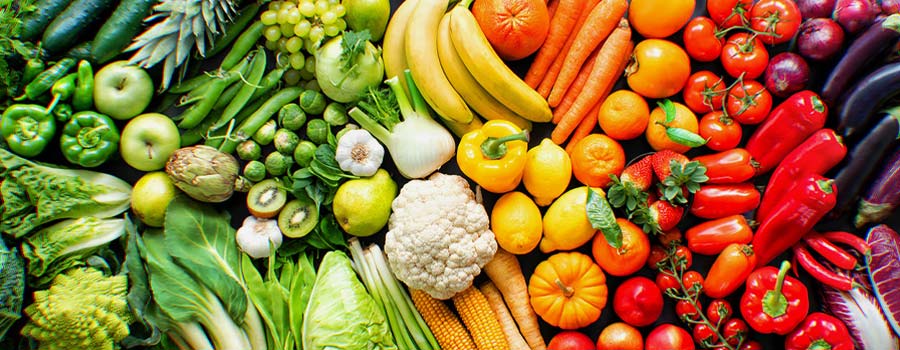
Clearly, your immune system plays a crucial role in fighting COVID-19 (and everything else). If you are taking supplements with the goal of fighting COVID-19, then you should consider supplements that boost your immune system.
“For now, your best defense against the virus is to support your immune system with sleep, exercise, and good nutrition and, most importantly, to wash your hands and practice social distancing so you don’t get infected in the first place,” explains Dana G. Smith, Senior Writer for Elemental at Medium covering health, science, and the science of wellness.
There are certain supplements that have been shown to boost your immune system. By taking these supplements, you may be able to give your body a better chance of fighting the COVID-19 coronavirus.
However, consumers should be aware that general immunity alone cannot prevent someone from contracting the coronavirus. Additionally, there are still no supplements available that have been proven to work on this specific strain of the infection.
Consequently, we recommend that consumers stray away from any immune supplement that claims to help users fight the COVID-19 virus.
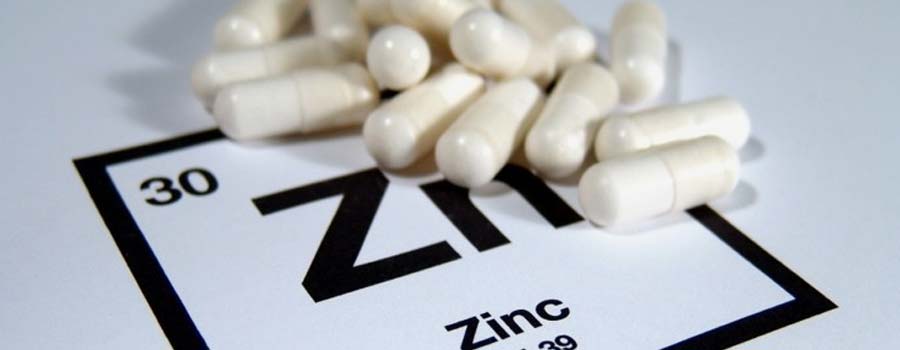
Zinc is a crucial mineral. Many people take zinc supplements as part of their daily regimen.
There’s no evidence that zinc can protect you against the COVID-19 coronavirus. However, research has previously shown that zinc may interfere with six other coronaviruses, including the original SARS and the four coronaviruses that cause the common cold.
Ultimately, it is possible, but certainly not guaranteed, that zinc can help to fight the coronavirus. Consumers should manage their expectations, especially given the lack of proof that these supplements will actually help to fight or repel the infection.
This study from 2010, for example, analyzed the effect of zinc on cells exposed to the SARS coronavirus. Researchers found that zinc blocked the replication of the SARS virus. However, the test was performed on cells in a dish – not in humans.
What about human studies on the COVID-19 coronavirus? One research team analyzed seven different studies on zinc supplements and the immune system. After checking all available research, researchers concluded that zinc supplements shortened the duration of a cold by 33%. Zinc reduced the duration of colds caused by both a coronavirus or a rhinovirus.
Before you get too excited, however, this study published earlier this year found different results. This double-blind, placebo-controlled trial found that there was no difference in cold symptom duration between people who took zinc and those who took a placebo.
The Verdict: Some research shows that zinc blocks coronaviruses, including SARS and the coronaviruses that cause the common cold. However, research is mixed and the effect tends to be mild. Plus, there’s no specific proof that zinc blocks the COVID-19 coronavirus: research has focused on previous coronaviruses like SARS.
Additionally, some researchers argue that zinc can actually decrease immune function. Consumers should only take zinc supplements if they have a deficiency which makes supplementation necessary.

There have also been rumors circulating that vitamin D supplements boost the immune system, protecting you against the COVID-19 coronavirus. Is this true? Or is this yet another over-hyped internet rumor?
Earlier this week, Dr. Tom Frieden appeared on Fox News to tout the effectiveness of vitamin D at combating the coronavirus:
“There is evidence of seasonality in some respiratory illnesses, including influenza and tuberculosis. A leading hypothesis is that seasonality is due to the reduction in Vitamin D because of decreased exposure to sunlight in winter months.”
Because of that potential connection, Dr. Frieden recommends taking vitamin D supplements – especially if you live in northern climates with less sunlight exposure during the winter:
“Right now, we don’t know if Vitamin D deficiency plays any role in the severity of COVID-19. But given the high prevalence of Vitamin D deficiency in this country, it is safe to recommend that people get the proper daily dosage of Vitamin D.”
Is there any evidence that vitamin D can help cure the coronavirus or boost the immune system?
Vitamins are crucial for keeping the body healthy. If you don’t get your daily recommended dosage of a specific vitamin, then you could experience various issues.
Very few Americans are deficient in vitamins overall. However, vitamin D is one exception. This study, for exampled, suggested approximately half of all Americans are deficient in vitamin D. And, with most of the country currently staying home, it increases the risk of vitamin D deficiency.
Although you can get some vitamin D from foods, most vitamin D comes from the sun. When sunlight hits your skin, it creates vitamin D. Getting approximately 20 to 30 minutes of sunlight per day can give you your daily dose of vitamin D.
There’s also some evidence that vitamin D specifically reduces the risk of developing a respiratory tract infection. This 2017 meta analysis checked multiple studies, for example, to conclude that people who took daily or weekly vitamin D supplements reduced their risk of developing a respiratory tract infection.
However, the benefits of vitamin D supplementation were only observed in people who were deficient in vitamin D. If your body is already producing enough vitamin D – say, if you get 20 to 30 minutes of sunlight per day – then there was no observed benefit.
Vitamin D may specifically target viruses and bacteria, as vitamin D “selectively kills infectious agents, including bacteria and viruses”, according to Dr. Michael Holick, an expert on Vitamin D research from Boston University who has published 500+ papers and 18 books on vitamin D.
The Verdict: Vitamin D is a crucial mineral, and approximately half the country is vitamin D deficient during normal times. With social isolation, vitamin D deficiency may be higher than ever. There’s evidence that people who are vitamin D deficient can boost their immune system and reduce the risk of respiratory tract infections with a vitamin D supplement. However, there’s no specific evidence showing that vitamin D can treat the COVID-19 coronavirus.
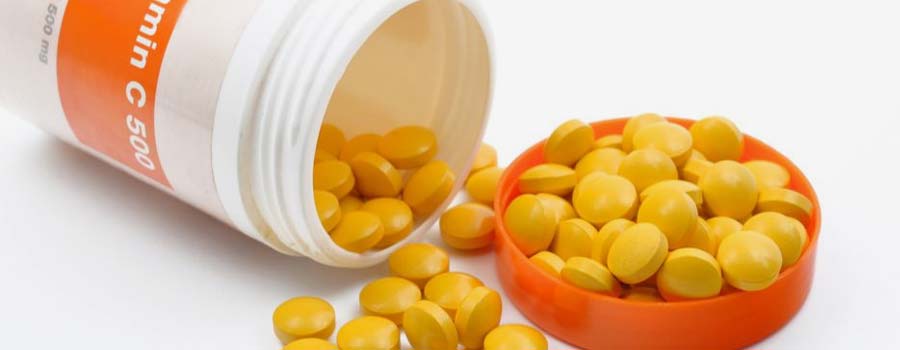
Express.co.uk recently picked vitamin C as one of the five best supplements to boost your immune system amid coronavirus fears:
“…vitamin C is possibly the best thing you can consume if you’re looking to give your immune system a big boost.”
Vitamin C helps stimulate the production of white blood cells, also known as leukocytes. These are cells from your immune system that help to fight infectious disease and foreign invaders. Vitamin C also helps heal wounds and maintain healthy bones. It acts as an antioxidant, fighting free radicals that would otherwise weaken the immune system.
The Verdict: Vitamin C is a proven immune system booster that could help your body fight infections. However, there’s no specific evidence that vitamin C supplements affect the coronavirus.

Vitamin E has similar properties to vitamin C, acting as an antioxidant and assisting in fighting off infection, according to the University of Rochester Medical Center. Vitamin E has also been used to treat respiratory distress syndrome in preterm babies. In healthy adults, meanwhile, vitamin E protects against oxidative stress while providing other benefits:
“Vitamin E is a potent antioxidant in the human body. It helps the immune system fight infections. It widens blood vessels. This helps to keep clots from forming in them.”
You can get vitamin E from foods or supplements. Almonds, peanuts, sunflower, seeds, and spinach have high levels of vitamin E.
The Verdict: Vitamin E has antioxidant effects and may help the immune system fight infections. However, it is not an antiviral, and it has not been shown to specifically target the COVID-19 coronavirus.
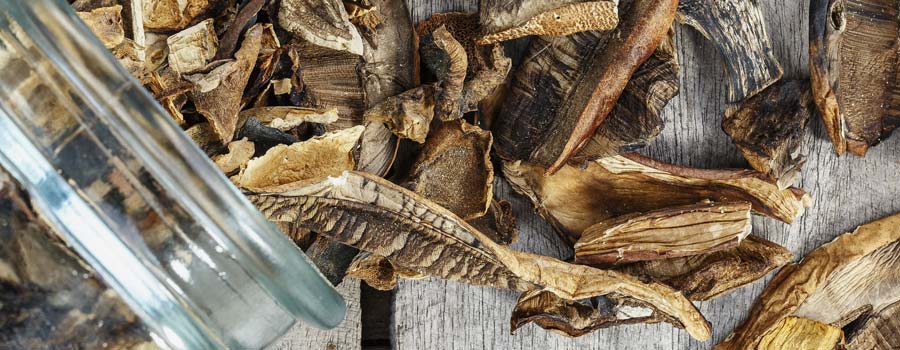
Mushrooms are rich with beta-glucans. The cell walls of the mushroom are made from beta glucans. There’s some evidence that these beta-glucans can stimulate the immune system. That’s why mushrooms have been used for thousands of years in traditional Asian medicine.
“As well as having antibacterial and antiviral properties, mushrooms also contain beta-glucans. Beta-glucans make up the mushroom cell walls and stimulate the immune system,” explains Georgie Murphy, MSc Nutrition.
This study from 2004, meanwhile, specifically analyzed how beta glucans fought influenza virus. Researchers analyzed the effects of beta glucan supplements on piglets with influenza. Researchers found that beta glucan significantly impacted the spread of the virus:
“Saccharomyces cerevisiae beta-glucan reduced the pulmonary lesion score and viral replication rate in SIV-infected [swine influenza virus-infected] pigs. These findings support the potential application of beta-glucan as prophylactic/treatment agent in influenza virus infection.”
The Verdict: Studies have shown that beta glucan can fight the influenza virus in certain situations, and beta glucan may stimulate the immune system. However, there’s no evidence that beta glucan or mushrooms can kill the COVID-19 coronavirus.
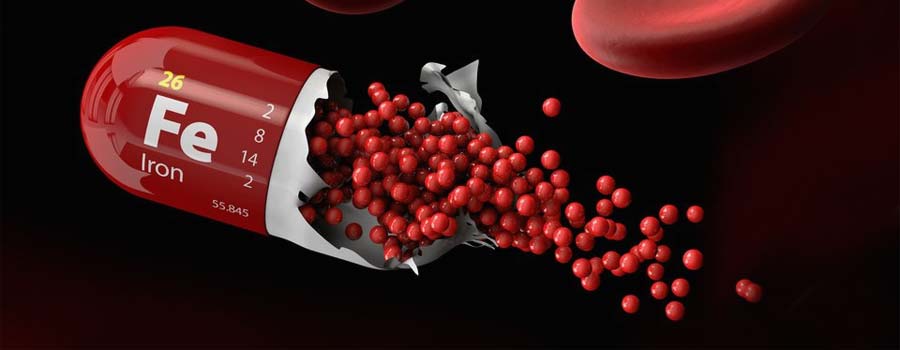
Iron is an essential mineral. Your body uses iron to transport oxygen throughout the body. Without iron, your body cannot produce the B cells and T cells that play a crucial role in your immune system.
Studies have shown that low iron levels can impede your body’s ability to protect against viruses, bacteria, and other pathogens.
Some people take iron supplements to boost their intake. Foods like tofu, beans, lentils, baked potatoes, and fortified cereals, meanwhile, can also boost iron intake.
This review study published in 1999 analyzed research on iron spanning decades. Researchers concluded that iron was “necessary for immune cells proliferation and maturation”. However, researchers also found that too much iron could lead to the “proliferation of bacteria, parasites, and neoplastic cells”, which means “iron could potentially facilitate the development of infections and the invasion of tumoral cells.”
The Verdict: Iron plays a crucial role in the immune system and overall health, helping transport oxygen between your cells. Getting your recommended daily dosage of iron could boost your immune system. However, taking too much iron could actually inhibit your immune system. There’s no evidence that iron impacts the COVID-19 coronavirus.

Some people are taking carrots, kale, apricots, and other foods because they’re rich in beta carotene, which gets converted to vitamin A in the body.
Vitamin A “works by helping antibodies respond to toxins and foreign substances”, according to one health expert.
You can also get beta carotene from sweet potatoes, mangoes, spinach, broccoli, squash, and cantaloupe, among other foods.
The Verdict: Vitamin A is a crucial vitamin essential for a strong immune system, helping your body respond to toxins and foreign substances. There is no evidence that vitamin A kills or cures the COVID-19 coronavirus.
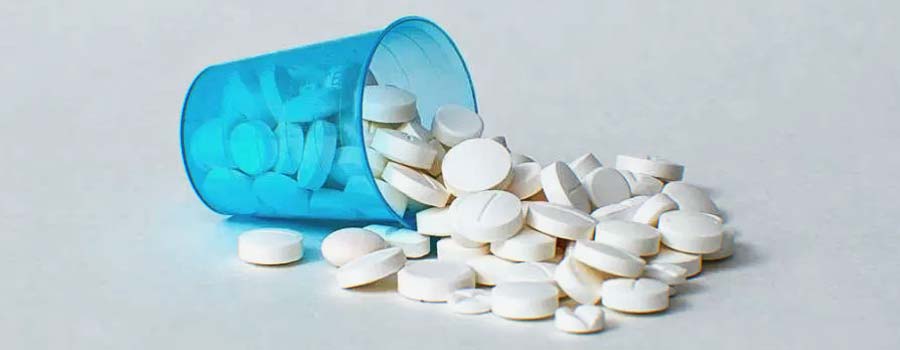
Some people are taking anti-inflammatory drugs like ibuprofen to combat the coronavirus.
Other people claim ibuprofen actually helps the coronavirus spread by suppressing your immune system.
There’s no evidence showing that ibuprofen, Tylenol, or other NSAIDs help or hurt the coronavirus. However, there’s plenty of evidence showing that ibuprofen can relieve symptoms like fever.
The Verdict: Ibuprofen and acetaminophen (Tylenol) are drugs that are proven to alleviate pain and fever, but there have been no studies analyzing their effect on the coronavirus.

Sales of ultraviolet light sanitization systems have skyrocketed in recent months. Does ultraviolet light really kill the coronavirus? Can you really sanitize your phone or your home with a UV light?
Many hospitals use UV light to sanitize rooms and equipment. Ultraviolet light is proven to kill certain bacteria and viruses at certain wavelengths.
However, it’s unknown if UV light kills the coronavirus.
Furthermore, many UV light sanitization systems sold online aren’t nearly as effective as medical-grade sanitization systems. They don’t expose the entire surface to UV light, for example, or they use a different wavelength that’s less powerful.
The Verdict: Ultraviolet (UV) light kills certain viruses and bacteria at certain wavelengths, although it’s unclear if UV light kills the coronavirus. Furthermore, consumer UV light sanitization systems may not be very effective at killing COVID-19 or any virus.
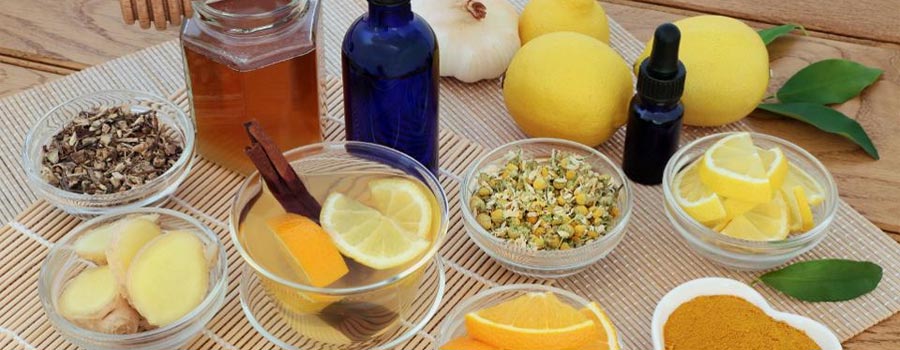
You don’t have to look far online to find other rumors about curing the coronavirus. People are saying all sorts of crazy things.
Here are some of the COVID-19 rumors and remedies we’ve encountered:
Gargling with Warm Salt Water: This has been proposed as a home remedy for everything from a sore throat to a virus. However, there’s no evidence that gargling with salt water causes antiviral effects. It may provide short-term relief for a sore throat, although a sore throat is not a common symptom of COVID-19 (despite what many believe).
Drinking Lots of Water: Drinking more water is generally a good thing. However, some people claim that drinking lots of water will “wash the coronavirus from the body” or “prevent the virus from attaching itself to the back of your throat”. That may sound right – but it’s not. Drinking water is good for hydration, but it won’t protect you against COVID-19 or any virus.
Self Diagnosing Coronavirus By Holding your Breath for 10 Seconds: Another rumor going around suggests you can diagnose yourself with coronavirus by holding your breath for 10 seconds. If you can do it, you’re fine. If you can’t, you’ve got the virus. In reality, people with any respiratory issues will likely struggle to hold their breath for 10 seconds. If you feel sick, you need to follow your local coronavirus testing protocol.
Elderberry: Elderberry has been traditionally used to treat infections, and there’s some evidence it can impact the immune system. This study found that elderberry enhances immune system response and decreases the severity and symptoms of colds, for example. This study on 180 people, meanwhile, found that elderberry supplements significantly reduced the upper respiratory symptoms caused by viral infections.
Selenium: Selenium plays a crucial role in immune health, and some studies on animals show that selenium supplements enhance antiviral defense against influenza strains like H1N1.
Astragalus: Astragalus is a common herb in traditional Chinese medicine. Studies on animals show that astragalus can boost immune system response, although widespread research on humans is not available.
B Vitamins: B vitamins have not been shown to impact coronavirus. However, many people who are deficient in B vitamins (including vitamins B6 and B12) have weakened immune systems.
Curcumin: Curcumin, the active component of turmeric, has powerful anti-inflammatory properties. Animal studies show that curcumin can boost immune function.
Echinacea: Echinacea is a popular home remedy for cold and flu symptoms. Some studies have shown that echinacea can improve immune health, have antiviral effects, and protect against certain respiratory viruses.
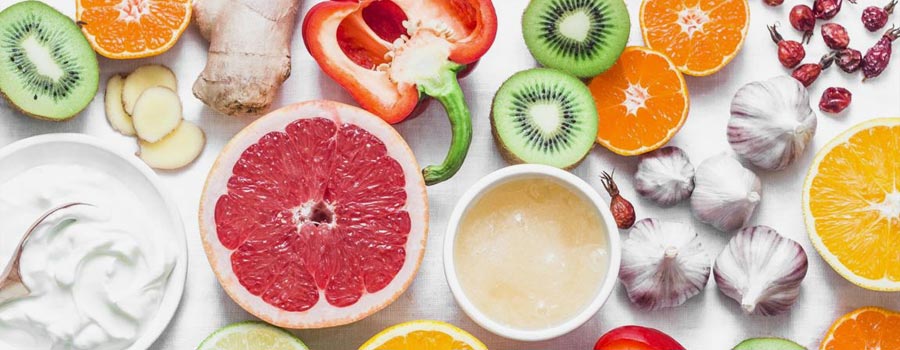
Up above, we mentioned some of the vitamins and minerals shown to boost your immune system. Some people take these nutrients in supplement form. Others, however, will get plenty via foods and beverages.
Here are some of the foods and beverages people are taking to boost their immune system and protect against the coronavirus.
Carrots, kale, and apricots have beta carotene, which gets converted to vitamin A, which is essential for a healthy immune system
Sweet potatoes, mangoes, spinach, broccoli, squash, and cantaloupe are also rich with beta carotene
Oranges, strawberries, and broccoli are rich with vitamin C, which could help enhance white blood cell activity in the body
Grapefruit, kiwi, Brussels sprouts, red and green peppers, cooked cabbage, and cauliflower are also rich with vitamin C
Eggs, cheese, tofu, and mushrooms are rich with vitamin D, and vitamin D has been shown to selectively kill infectious agents like bacteria and viruses
Fatty fish (like salmon and sardines), fortified milk and fortified plant milk products, and fortified juice are also rich with vitamin D
Beans, nuts, fortified cereals, and seafood are rich with zinc, and zinc can boost the immune system
Chickpeas, lentils, tofu, fortified cereals, nuts, seeds, wheat germ, oysters, crab, lobster, beef, pork chop, dark meat poultry, and yogurt are also rich sources of zinc
Bananas, beans, yogurt, kefir, kimchi, sauerkraut, miso, tempeh, and sourdough bread are all rich sources of probiotics that can boost your immune system by helping your digestive tract
Whole grains, bananas, onions, garlic, leeks, asparagus, artichokes, and beans are rich with prebiotics, which feed the good bacteria in your digestive tract to boost your immune system
Water, fruit, and soup can help you stay hydrated, and hydration is crucial for overall health and wellness
Fish, poultry, beef, milk, yogurt, eggs, cottage cheese, nuts, seeds, beans, and lentils are all protein-rich foods, and protein is a key building block for your immune cells and antibodies
Final Thoughts
The COVID-19 coronavirus is rapidly evolving. There’s a lot of misinformation out there about what works and what does not work.
Some shady supplement companies are taking advantage of this confusion to sell you over-hyped, over-priced supplements. There are plenty of supplements that can boost your immune system – but no supplement has been proven to fight, treat, or cure the COVID-19 coronavirus specifically.
For now, the expression cleanliness is next to godliness applies, and any supplements for coronavirus immune system support should be strongly reconsidered. Any company, brand or product that resorts to misleading consumers about their own health in an attempt to capitalize during this global pandemic is most likely not worth associating with to begin with as a heightened sense of uncertainty and vulnerability remains throughout the world. As the situation continues to unfold, we’ll do our best to keep you updated on how supplements affect the COVID-19 coronavirus.



